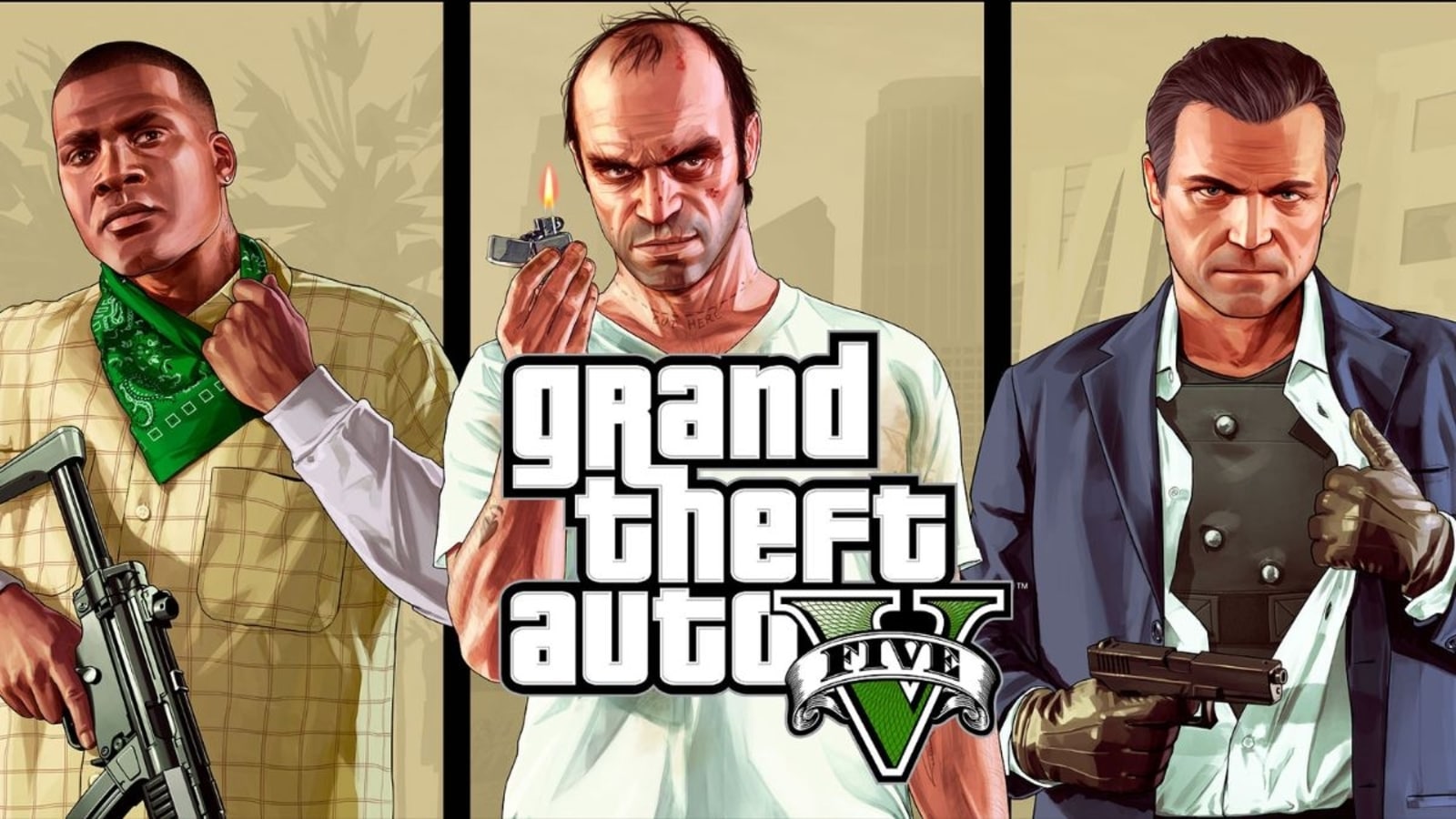The runner-up prize went to “Afire” by the German director Christian Petzold, a fixture of the festival. The dry comedy centers on an acerbic novelist ensconced in a vacation home who is forced to reckon with his self-image amid an encroaching forest fire. A special jury prize was given to the Portuguese filmmaker João Canijo’s “Bad Living,” a drama about a group of women running a decaying hotel.
The Projectionist Chronicles the Awards Season
The Oscars aren’t until March, but the campaigns have begun. Kyle Buchanan is covering the films, personalities and events along the way.
- The Tom Cruise Factor: Stars were starstruck when the “Top Gun: Maverick” headliner showed up at the Oscar nominees luncheon.
- An Andrea Riseborough FAQ: Confused about the brouhaha surrounding the best actress nominee? We explain why her nod was controversial.
- Sundance and the Oscars: Which films from the festival could follow “CODA” to the 2024 Academy Awards.
- A Supporting-Actress Underdog: In “Everything Everywhere All at Once,” don’t discount the pivotal presence of Stephanie Hsu.
The best director award went to Philippe Garrel, a veteran French filmmaker, for “The Plough,” a drama about a family of puppeteers that stars three of his real-life children. The gender-neutral award for best performance was given to Sofía Otero, a first-time actor, who played an 8-year-old grappling with gender identity in “20,000 Species of Bees.” The tearful speech by Otero, the youngest to win the award, left many in the audience crying.
The award for best screenplay was given to Angela Schanelec’s “Music,” an elliptical retelling of the myth of Oedipus, and the award for best supporting performance went to Thea Ehre, who played a transgender ex-convict working with a police investigator in Christoph Hochhäusler’s “Till the End of the Night.”
Although the Berlinale has long been the most political of the major international festivals, this year’s edition was especially touched by world events. Two previous winners of the Golden Bear — the Iranian directors Jafar Panahi, whose film “Taxi Tehran” won in 2015, and Mohammad Rasoulof, whose film “There Is No Evil” won in 2020 — were imprisoned in recent months for opposing the Iranian government. (Both were eventually released.) During the festival’s glossy opening gala, Farahani, who is herself exiled from Iran, drew a lengthy standing ovation for a rousing speech in which she called for Europe to stand on the “right side of history” by supporting Iranian protesters.
This year’s festival also featured several films about Ukraine, including “Iron Butterflies,” about the downing of Malaysia Airlines Flight 17 in 2014, and “Superpower,” a documentary by the actor and director Sean Penn that includes an interview with Ukraine’s president, Volodymyr Zelensky, filmed the night of the Russian invasion. Appearing at the opening gala via video link, Zelensky praised the Berlinale for its “principle of openness, equality and dialogue without borders.” Although Russian filmmakers were allowed at this year’s festival, films that had been financed by the Russian government were banned.






















